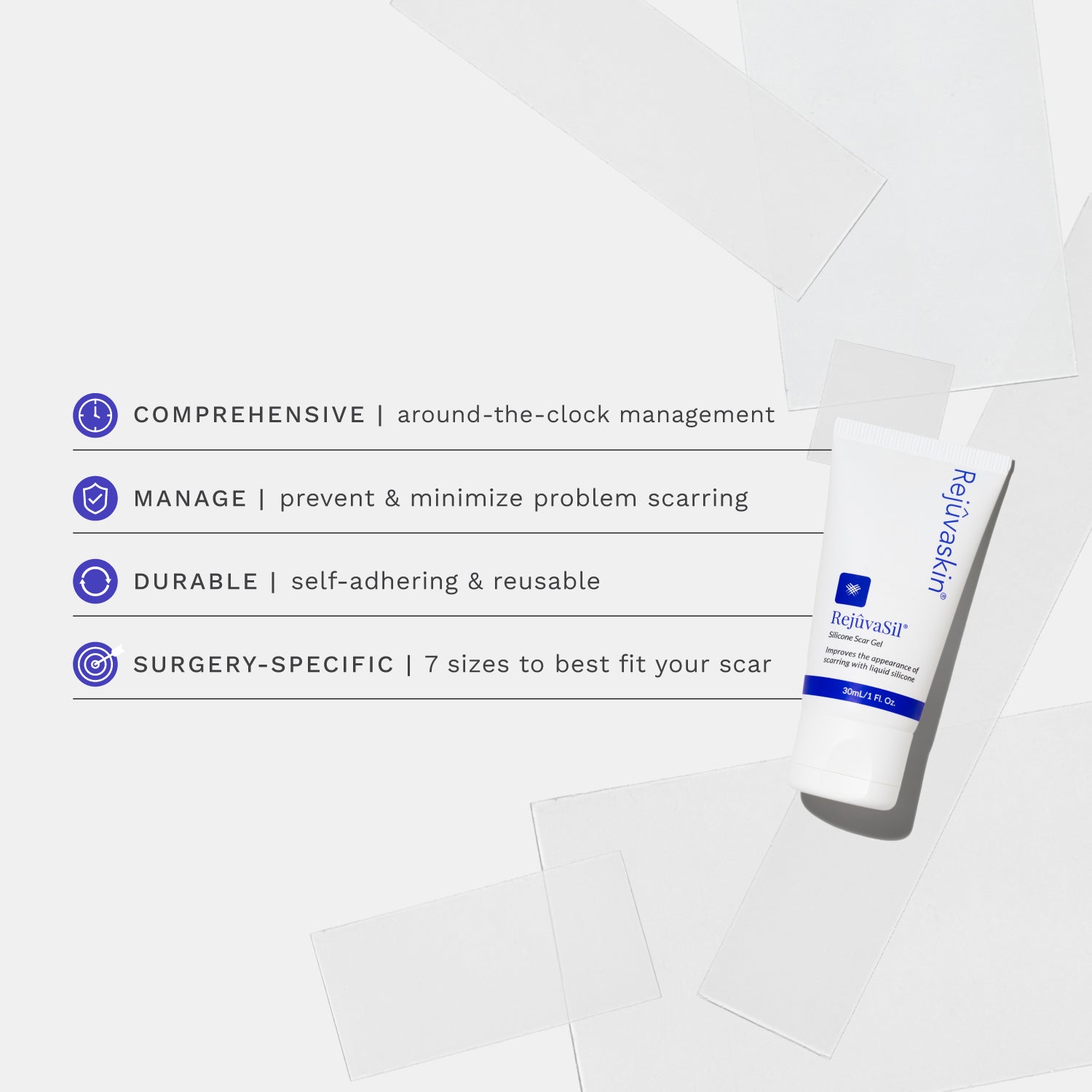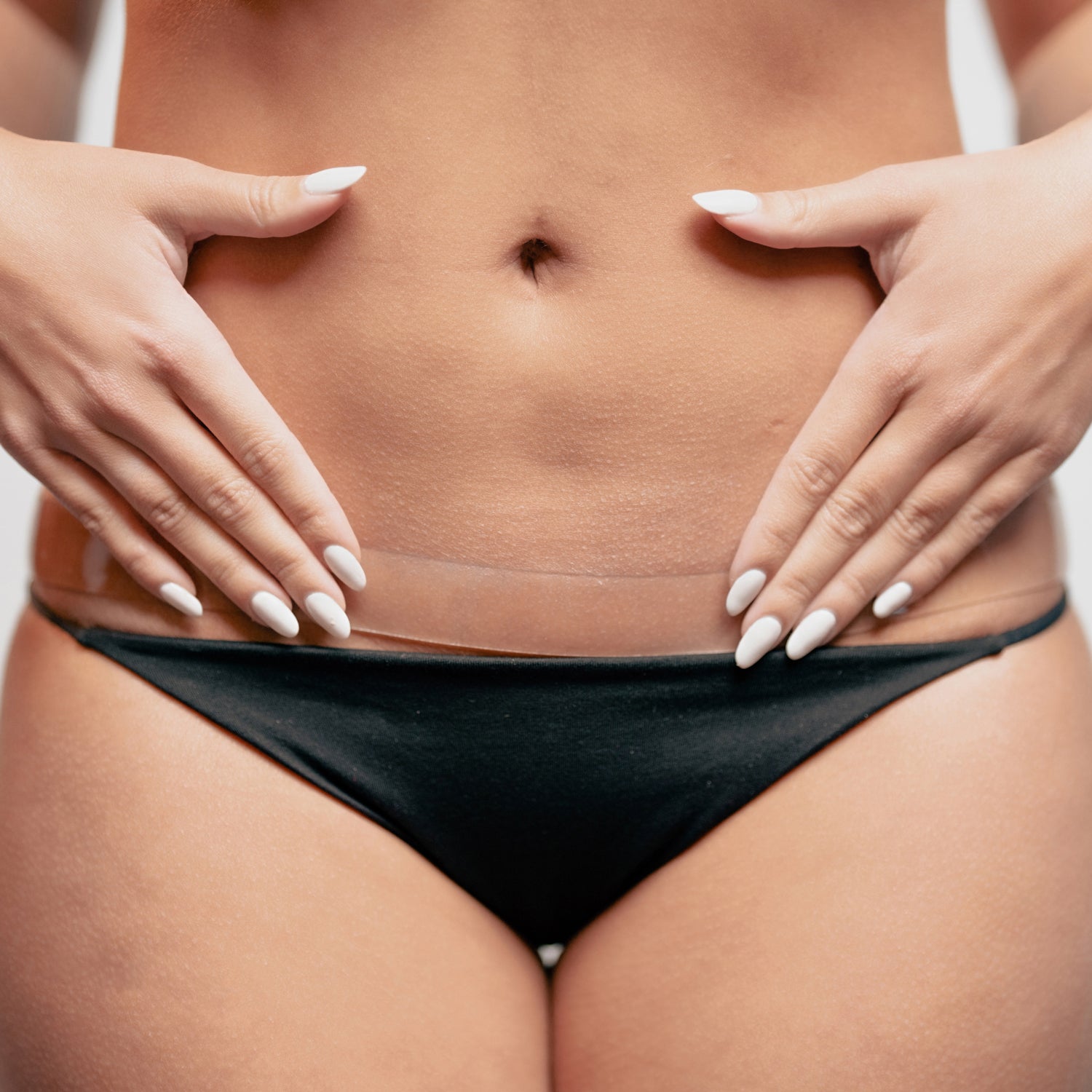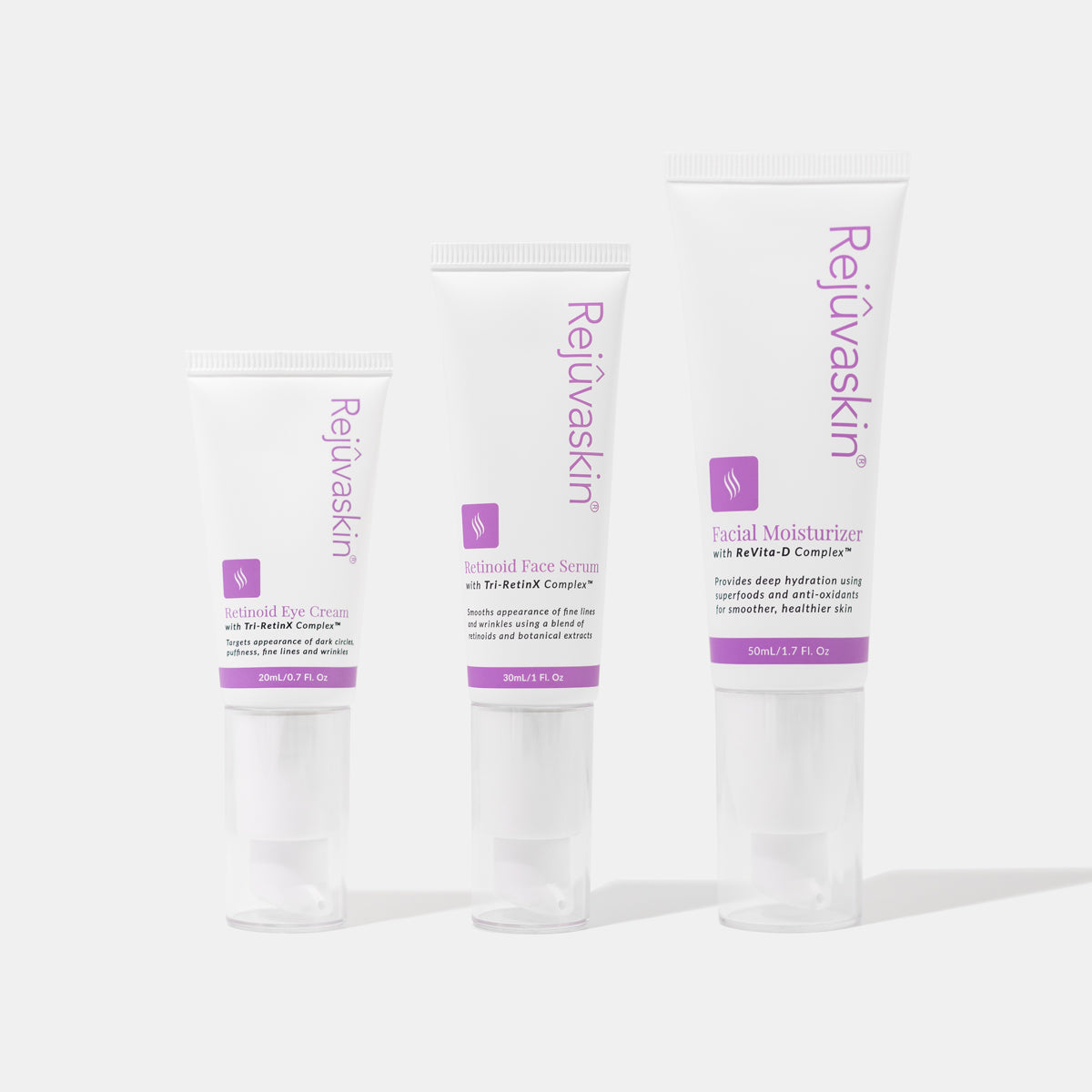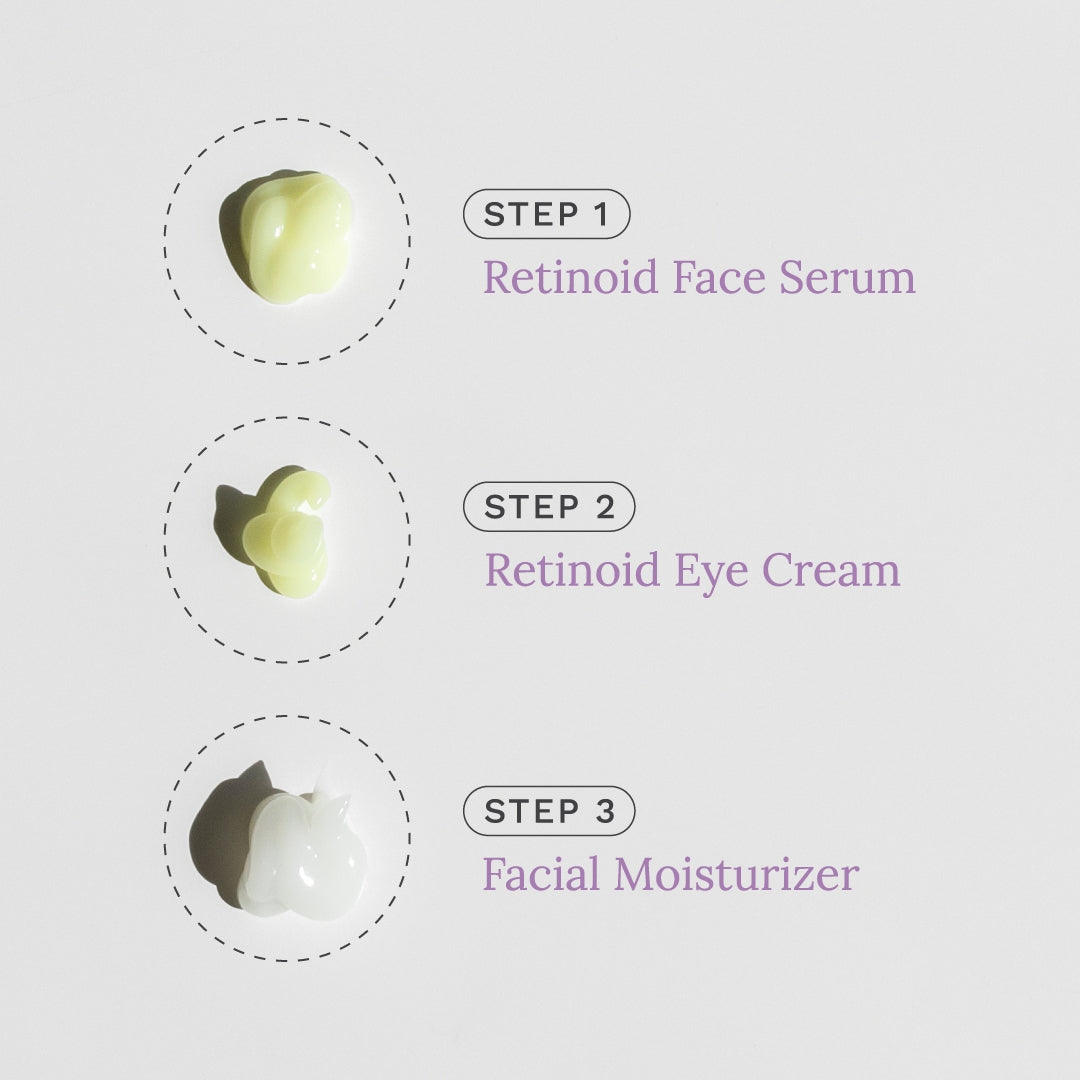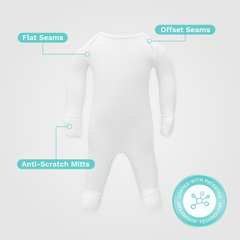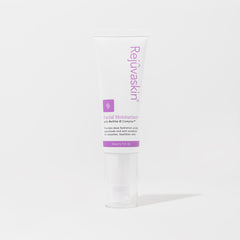When it comes to minimizing scars after surgery, injury, or acne, there’s no shortage of advice online. Two of the most commonly mentioned options are petroleum jelly (Vaseline) and silicone-based scar gels. But what does the science say—and which one is better for you?
Let’s break down the evidence, compare their benefits, and explore how advanced options like Rejûvaskin’s RejuvaSil® Silicone Scar Gel can help you confidently support your skin’s recovery.
How Do These Treatments Work?
Petroleum Jelly (Vaseline)
Petroleum jelly acts as an occlusive agent, meaning it forms a protective seal over the skin to lock in moisture. It helps wounds stay hydrated, which can promote healing and reduce the risk of scab formation. This is particularly helpful during the early wound healing phase.
However, Vaseline is not specifically formulated to target long-term scar formation. It does not regulate collagen, which plays a key role in how scars mature.
Silicone Scar Gels
Silicone gels—like RejuvaSil®—do more than just hydrate. They create a semi-occlusive, breathable barrier that helps:
-
Normalize collagen production
-
Reduce scar thickness
-
Improve pigmentation and pliability
-
Minimize itching and discomfort
According to a 2023 systematic review, silicone-based products have demonstrated consistent improvements in post-operative scar quality, including thickness, color, and texture (Nguyen et al., 2023).
What Does the Research Say?
In a randomized, controlled study comparing silicone gel to placebo (petrolatum), researchers found no significant difference in scar healing for thin eyelid incisions—but this study focused on a uniquely delicate area of the body with limited scarring potential (Karanfilian et al., 2025).
However, broader clinical trials have found silicone gel to significantly reduce:
-
Scar height and pigmentation after surgery (Medhi et al., 2013)
-
Post-surgical hypertrophic scar risk (Kaminskyi et al., 2021)
The consensus? Silicone gel is more effective for scar reduction, especially in patients at risk for raised, discolored, or textured scars.
When to Use Vaseline vs. Silicone Gel
|
Scenario |
Best Option |
|
Immediate wound care (0–7 days) |
Vaseline (moisture seal) |
|
Ongoing scar care (after closure) |
Silicone Gel (like RejuvaSil®) |
|
Raised or keloid-prone scars |
Silicone Gel |
|
Facial scars |
Lightweight silicone gel |
Why Choose RejuvaSil® Silicone Scar Gel?
Rejuvaskin’s RejuvaSil® Silicone Scar Gel is a dermatologist-trusted formula that:
-
Contains medical-grade silicone
-
Is enhanced with Vitamin C, Squalane, and Emu Oil
-
Dries quickly and invisibly—perfect under makeup or sunscreen
-
Is gentle enough for post-surgical or sensitive skin
This formula has been trusted by plastic surgeons and dermatologists globally to help reduce the appearance of scars from C-sections, cosmetic surgery, acne, and more.
Explore RejuvaSil® here.
The Bottom Line
While Vaseline can be helpful for initial wound protection, silicone-based scar gels offer superior benefits for scar reduction over the long term. Clinical research consistently supports their ability to improve scar appearance, especially in patients prone to abnormal healing.
If scar prevention or correction is your goal, RejuvaSil® is the evidence-backed option to support smoother, healthier-looking skin.
Works Cited
Karanfilian, T. S., Thuma, T., Cheng, T., Paramo, R., Moon, J. Y., Akella, S. S., & Barmettler, A. (2025). Efficacy of Silicone Gel Versus Placebo for Postsurgical Scars of the Eyelids: A Randomized, Controlled, Double-Blinded Study. Ophthalmic Plastic and Reconstructive Surgery. Link
Nguyen, A., Huynh, C., Goh, A., Co, A., Hassan, O., & Phan, S. (2023). A systematic review of the management of postoperative scars with silicone gel-based products. Dermatology Online Journal. Link
Medhi, B., Sewal, R. K., Kaman, L., Kadhe, G., & Mane, A. (2013). Efficacy and Safety of an Advanced Formula Silicone Gel for Prevention of Post-Operative Scars. Dermatology and Therapy, 3, 157–167. Link
Kaminskyi, V., Shalko, M., & Blinova, T. (2021). Benefits of the effect of silicone gel on postoperative healing. Reproductive Endocrinology. Link

